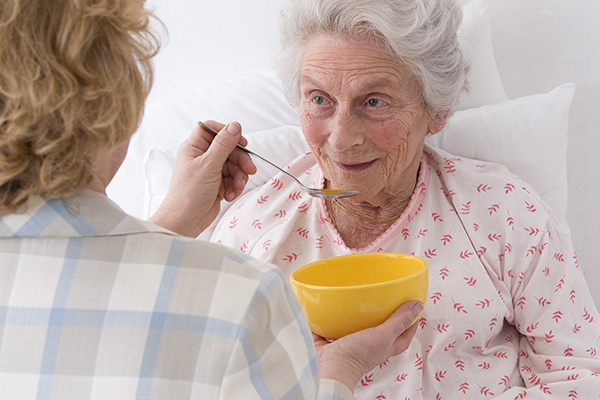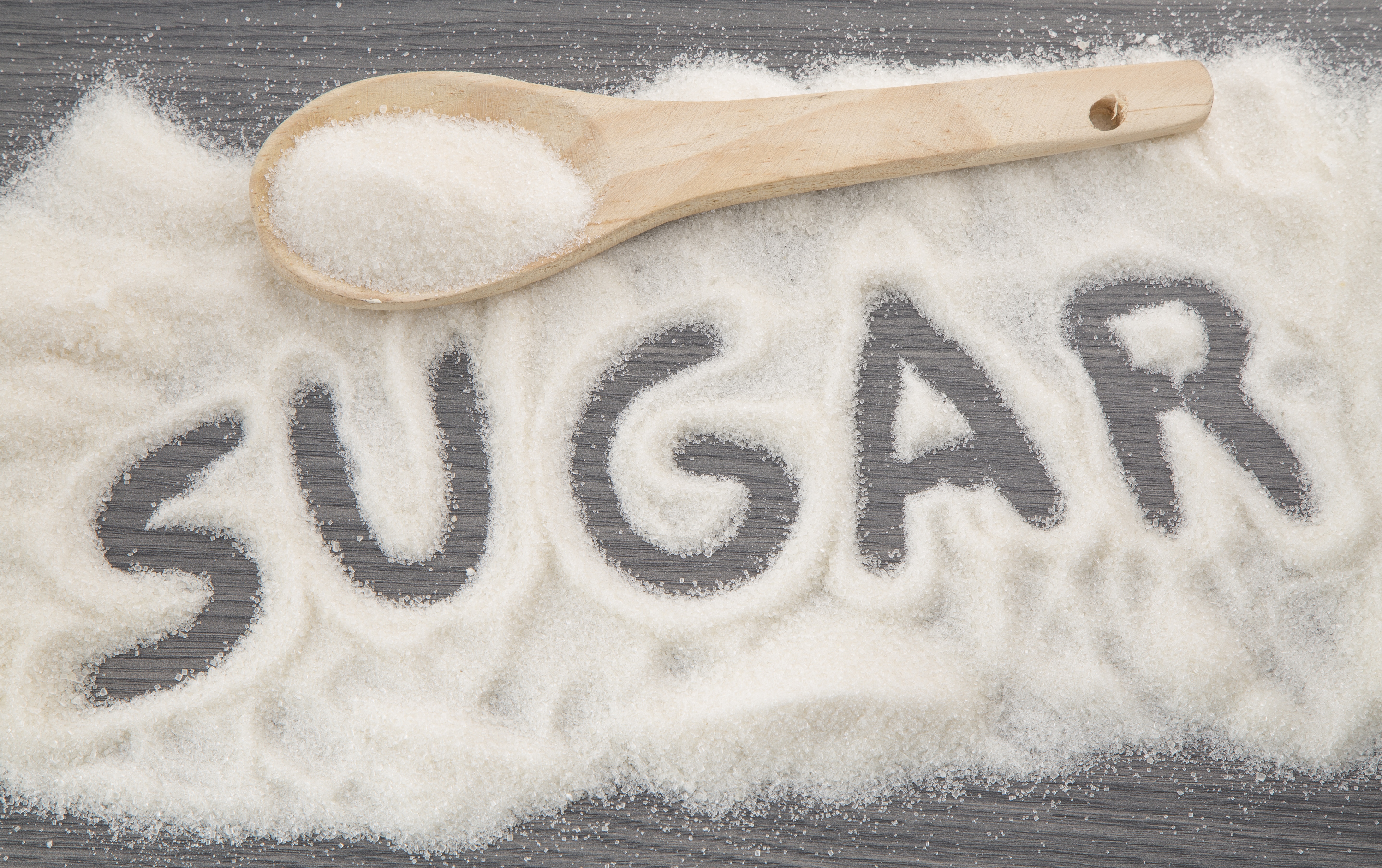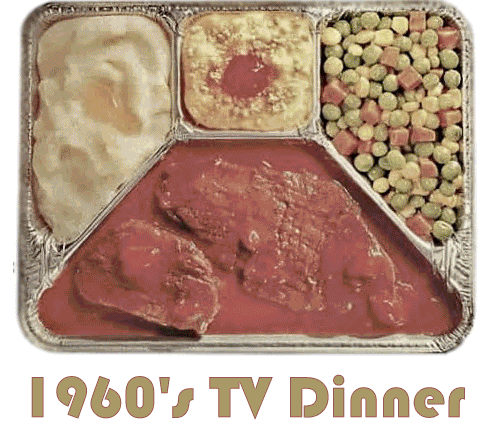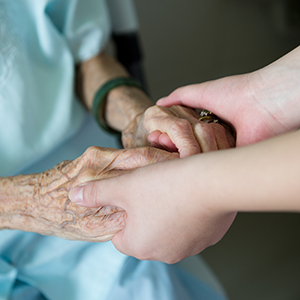When caring for seniors with diabetes, it is important to focus on nutrition. A diabetic diet needs to be packed with nutrient-rich foods including vegetables, fruits and whole grains. Having regular meal and snack times is also important in order to manage their blood glucose levels.
Topics: Senior Health, Diabetes, Healthy Home Delivered Meals, Healthy Meals for Seniors
Topics: Senior Health, Healthy Meals for Seniors
Proper nutrition is the key to aging well, and it has many health benefits. The vitamins and nutrients in food can help you fight diseases, boost your energy and help you sleep better.
Topics: Nutrition, Malnutrition in Elderly, Senior Health, Healthy Home Delivered Meals, Nutrition Care, Advice from Dietitians, Affordable, Healthy Foods, Healthy Meals for Seniors
Millennials vs. Seniors: How Sleep Needs Change As We Age
Posted by Mary O'Hara on May 25, 2016 11:00:00 AM
Our guest blogger, Lisa Gonzalez, has had years of experience with volunteering in nursing homes and organizing local senior activities. Realizing that this was her passion is what got her involved with ElderCorps.org, a resource geared towards the care and well-being of the aging population.
Topics: Senior Health
President John F. Kennedy issued a proclamation on April 18, 1963 designating the month of May as Senior Citizens Month, later to become known as Older Americans Month.
May's designation as Older American's Month has created a time for us all to pause and acknowledge the contributions of our most experienced citizens, particularly those who served and defended our country. We at GA Foods have proudly served older Americans through Meals on Wheels programs since 1973. And for over 15 years, the SunMeadow® brand has become a mainstay in the knapsacks and cargo pant pockets of U.S. troops on the move.
Topics: Senior Health, Caregivers
The Causes of Malnutrition in Older Adults
Posted by Maureen Garner, MS, RD, LD on Apr 27, 2016 11:00:00 AM
While we often hear about children in our society not having access to a proper diet and measures being taken to try to improve their condition, we do not hear as much about the issues facing our older adult population. The fact is, as many as 50-percent of seniors are at risk for shortcomings in their daily food nutrient requirements. Evidence-based research has produced some startling facts that build a case for working to overcome malnutrition in seniors.

Topics: Malnutrition in Elderly, Home Delivered Meals, Senior Health, Nutrition Care
Does Food Security Impact Hospital Readmissions?
Posted by Maureen Garner, MS, RD, LD on Apr 20, 2016 9:59:59 AM

Food Security (or Insecurity) Defined!
Topics: Malnutrition in Elderly, Senior Health, Healthcare Cost Reduction, Food Insecurity, Medicare, Food Security, Malnutrition, Medicaid
Home-Delivered Meals for Seniors: Why Use Frozen?
Posted by Frank Curto, PhD and Maureen Garner, MS, RD, LD on Apr 6, 2016 11:00:00 AM
Many senior nutrition programs are moving away from the traditional model of delivering hot meals daily to
delivering frozen meals weekly. If the idea of frozen meals conjurs up images of TV dinners from the 1960's, we are talking about something entirely different. Today's meals meet strict nutritional guidelines and are actually targeted for older adults. Here are the facts:
1. Frozen food has the same, if not better, nutritional value as fresh foods.
Frozen produce is not harvested until fully ripened. Fresh produce is harvested before reaching peak ripeness, so it can ripen during transportation and storage. This means nutrients do not develop to full potential. However, frozen produce is allowed to ripen before being picked. The mature fruits and vegetables contain high levels of vitamins, minerals, and antioxidants. Frozen foods are flash-frozen immediately after being harvested. This process assures there is minimal nutrient loss when processing the foods. Hot and chilled meals are subjected to light and heat during transportation and storage, causing further nutrient loss. Frozen meals can be transported and stored without compromising nutrient content.
2. Maintaining the cold chain with frozen home-delivered meals is the most reliable method of assuring food safety.
Although there are multiple causes of foodborne illness, improper temperature control is a common failure point in many segments of the food service production and distribution chain. The “cold chain” process has emerged as the most reliable method of assuring food safety. With this method, food is maintained at
Topics: Fresh vs. Frozen Home Delivered Meals, Nutrition, Home Delivered Meals, Senior Health
John Siegel is the VP of Business Development for GA Foods. He has extensive experience working with healthcare organizations to optimize benefits provided to their members. Contact John at 954-732-6886 or jsiegel@gafoods.com to learn how your organization may benefit by providing these well-received services.
It may seem unbelievable, considering the abundance of food in the U.S., but malnutrition is a very real problem among the elderly. It’s estimated that as many as one out of every four senior citizens suffers from poor nutrition. This can have a serious negative impact on health, from lowered immunity to slower wound healing and exacerbation of existing diseases. It can lead to loss of weight and muscle strength, making daily activities more difficult and increasing the likelihood of falls.
Topics: Malnutrition in Elderly, Home Delivered Meals, Chronic Disease Management, Senior Health, Food Insecurity, Food Security Impact
We are so blessed. Our team at GA Foods has the opportunity to serve some of the most grateful, needing, and loving people who are full of wisdom, spunk, and life. We are regularly touched by thank you notes, stories from our co-workers and the personal interaction we have with those we serve, particularly "our" seniors. The following video is a beautiful window into the lives of those we love and serve.
Be careful. You will be moved.
Topics: Senior Health, Food Assistance, Caregivers, Food Security Impact













